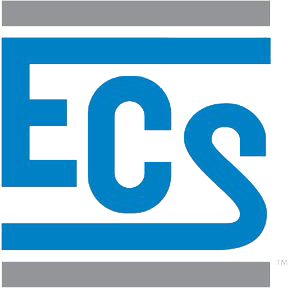Instrumentation and monitoring can be helpful to development/construction teams in many ways, but the primary intention of any monitoring program is to answer the questions that are critical to the success of the project. Monitoring programs help your team collect the information they need to make informed decisions and answer critical questions they face. For designers, developers, contractors and jurisdictional representatives, many of the same questions come up time and time again on construction projects. When you face these questions, reach out to your monitoring and instrumentation consultant for support.
- What vibrations will be generated by our construction activities and how might they impact the adjacent structures and utilities? Is there a potential to adversely affect our neighbors? How can we mitigate these concerns?
- Is there an impending failure of this slope or wall? We should monitor the movements on the wall with positional targets and soil movements with an inclinometer.
- Is the drainage or dewatering system working as intended? How are the water levels changing? Is there an accumulation of water? Let’s measure the groundwater levels and the outflow.
- Is this engineered support of the excavation system performing as expected? What movements are expected by the designer? We should monitor the movements during excavation and share this data with the designer to assess as we go.
- Can we backcheck against the design assumptions for this system and confirm the design parameters are good? Are the design assumptions overly conservative or unconservative? Did we have enough data on the materials to understand how this system will behave, or do we need to test and confirm that our assumptions were valid?
- Is the cracking on this building a new or an existing condition? Has the condition been worsened by vibrations or changes in stresses related to our work? What are the ambient or baseline conditions for this site?
- Can we move on to constructing the new structure, or should we continue to surcharge this site with fill before building? Can we start the next phase of work quicker if we perform some ground improvements or improve the drainage conditions on this site? We should monitor to ensure that the ground improvements are progressing as we intended.
- Can we better understand the root causes of this failure? Can we then use this data to re-evaluate the conditions and the potential fix to ensure we implement a remedial measure that will work?
- What changes are expected, and what do we see occurring?
Instrumentation and monitoring programs offer an observational approach to answering these questions. In any good monitoring program, the data collected has a purpose, answers important questions, and is easy to interpret. A qualified consultant can make the monitoring program meaningful and have value to your team.
To learn more, contact ECS today.

